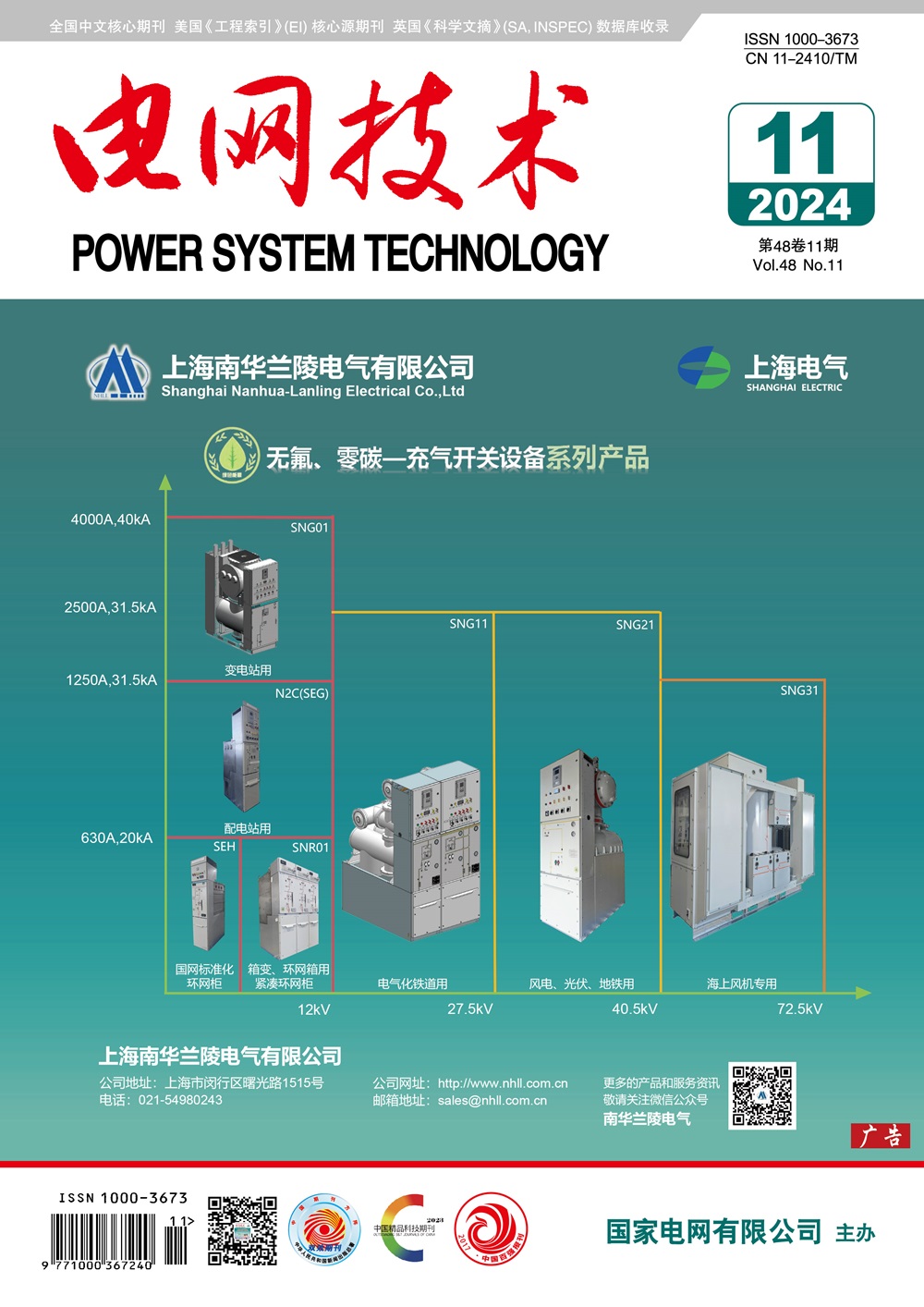通过标准化工作工具优化生产线效率:案例研究
Q1 Engineering
引用次数: 0
摘要
精益方法侧重于通过优先考虑客户价值、消除浪费、减少差异以及培养组织内人人参与的持续改进文化来提高流程和资源效率。实施精益生产可以创造条件,使所有员工都能为价值流中的持续改进活动做出贡献。这种方法不仅能降低生产成本,实现再投资和员工参与,还能强调职业发展。本文旨在通过实施标准化工作和改善等精益工具,最大限度地提高制造业密封生产的效率。标准化工作是一种以人类运动为中心的生产零件或服务的系统方法。作为确保质量的工具,它定义了高效、安全的工作方法,有助于消除浪费,是每项操作的基础。标准化工作一旦实施,就能确保始终如一地重复相同的方法,避免不必要的动作,保持质量,确保安全,防止设备损坏。这些方法的一致应用通过标准化流程和程序提高了产品质量。通过采用精益工具(如定义工作表和改善工作),制造业的密封件生产可以显著提高生产率。本文章由计算机程序翻译,如有差异,请以英文原文为准。
Optimizing Production Line Efficiency through a Standardized Work Tool: A Case Study
Lean methodology focuses on enhancing flow and resource efficiency by prioritizing customer value, eliminating waste, reducing variation, and fostering a culture of continuous improvement involving everyone in the organization. Implementing lean creates conditions that empower all employees to contribute to continuous improvement activities within the value stream. This approach not only lowers production costs, enabling reinvestment and employee engagement but also emphasizes professional development. This paper aims to maximize efficiency in seal production within a manufacturing industry by implementing lean tools such as standardized work and Kaizen. Standardized Work is a systematic method for producing parts or services centred on human motion. As a tool for ensuring quality, it defines efficient, safe work methods and helps eliminate waste, serving as the foundation for every operation. Once implemented, standardized work ensures that the same methods are repeated consistently, avoiding unnecessary motions, maintaining quality, ensuring safety, and preventing equipment damage. The consistent application of these methods improves product quality through standardized processes and procedures. By incorporating lean tools like defined worksheets and Kaizen, the production of seals in manufacturing industries can achieve significant productivity enhancements.
求助全文
通过发布文献求助,成功后即可免费获取论文全文。
去求助
来源期刊

电网技术
Engineering-Mechanical Engineering
CiteScore
7.30
自引率
0.00%
发文量
13735
期刊介绍:
"Power System Technology" (monthly) was founded in 1957. It is a comprehensive academic journal in the field of energy and power, supervised and sponsored by the State Grid Corporation of China. It is published by the Power System Technology Magazine Co., Ltd. of the China Electric Power Research Institute. It is publicly distributed at home and abroad and is included in 12 famous domestic and foreign literature databases such as the Engineering Index (EI) and the National Chinese Core Journals.
The purpose of "Power System Technology" is to serve the national innovation-driven development strategy, promote scientific and technological progress in my country's energy and power fields, and promote the application of new technologies and new products. "Power System Technology" has adhered to the publishing characteristics of combining "theoretical innovation with applied practice" for many years, and the scope of manuscript selection covers the fields of power generation, transmission, distribution, and electricity consumption.
 求助内容:
求助内容: 应助结果提醒方式:
应助结果提醒方式:


